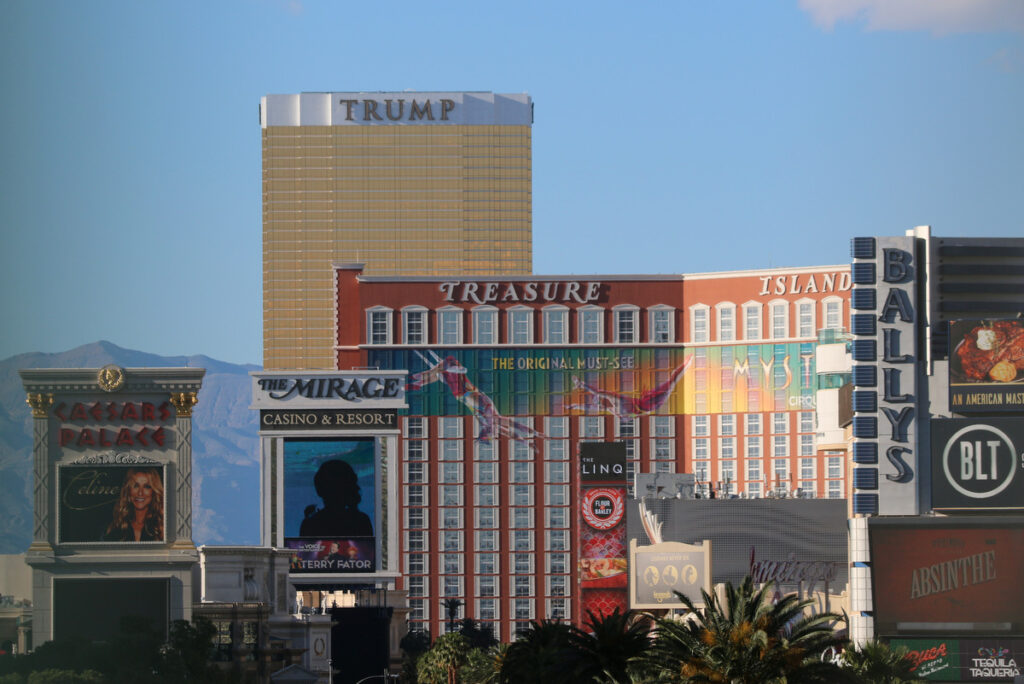A recent decision by the U.S. Supreme Court opens the doors for more states to offer sports betting.
The High Court ruled a federal ban on sports betting was unconstitutional. The real question is: Will more states bet on sports betting as a way to lure travelers to their states?
“It is too early to say what effect any legalized sports gambling schemes will have since no state has actually legalized sports gambling at this time,” said Mark Conrad, director of the Sports Business Program and associate professor of law and ethics at Fordham University’s Gabelli School of Business.
“With a few exceptions, such as Atlantic City, N.J., I do not see a major change in leisure travel for several reasons,” Conrad added. “First, if many states legalize sports gambling, there is no incentive to travel to engage in the activity. One could go to a local racetrack or another facility to gamble. And, conceptually one could gamble online in the state where it would be legal.”
Conrad sent his comments to Sightseers’ Delight before New Jersey legalized sports betting.
Sports betting is a mainstay of popular gaming destinations like Las Vegas. While many states, such as Georgia, have debated whether to allow gambling, it is hard to imagine an all-out embrace of sports betting.
“Don’t expect another Vegas to pop up as a result of the Supreme Court’s ruling, but there will likely be a noticeable increase of one-off sports books in major sports cities,” said Anthony Baldini, a Senior Account Executive at Sterling Communications.
Still, states that do opt to jump on the sports-betting bandwagon could see a tourism boon.
“Atlantic City could see an increase in travel, especially if New York, Pennsylvania or Maryland do not legalize the practice,” Conrad said.
